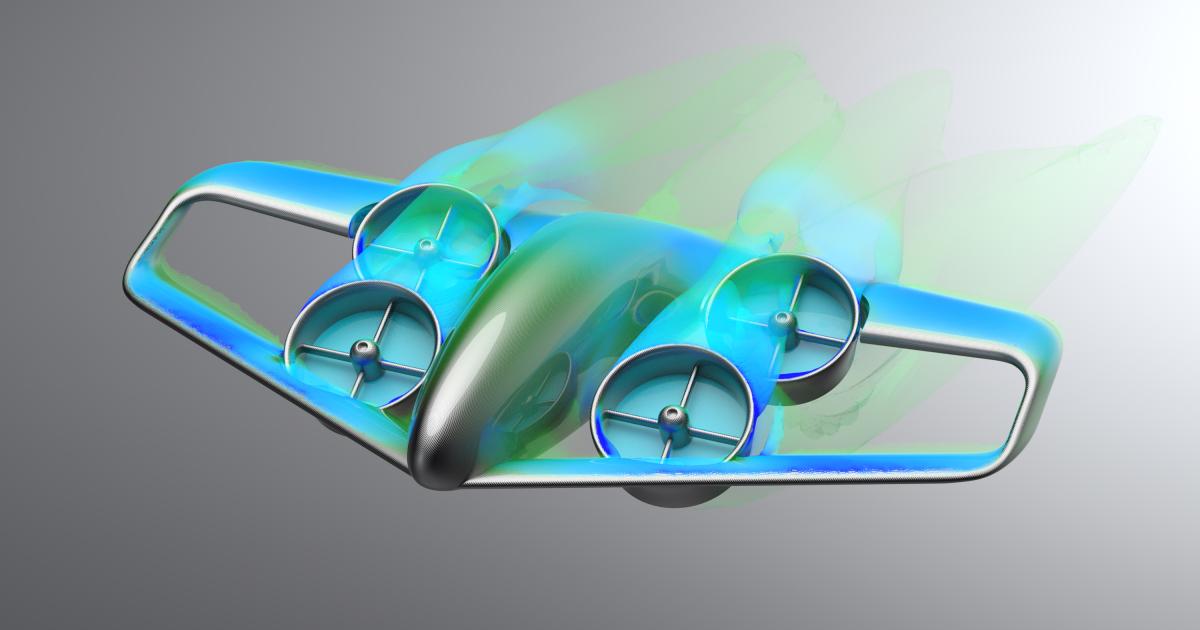UKRI Invites Entries For Phase 3 of Future Flight Challenge
With UK government funding, the competition is offering grants to support projects aimed at advancing, “integrated aviation systems and underpinning technologies that enable new classes of electric or autonomous air vehicles.”

